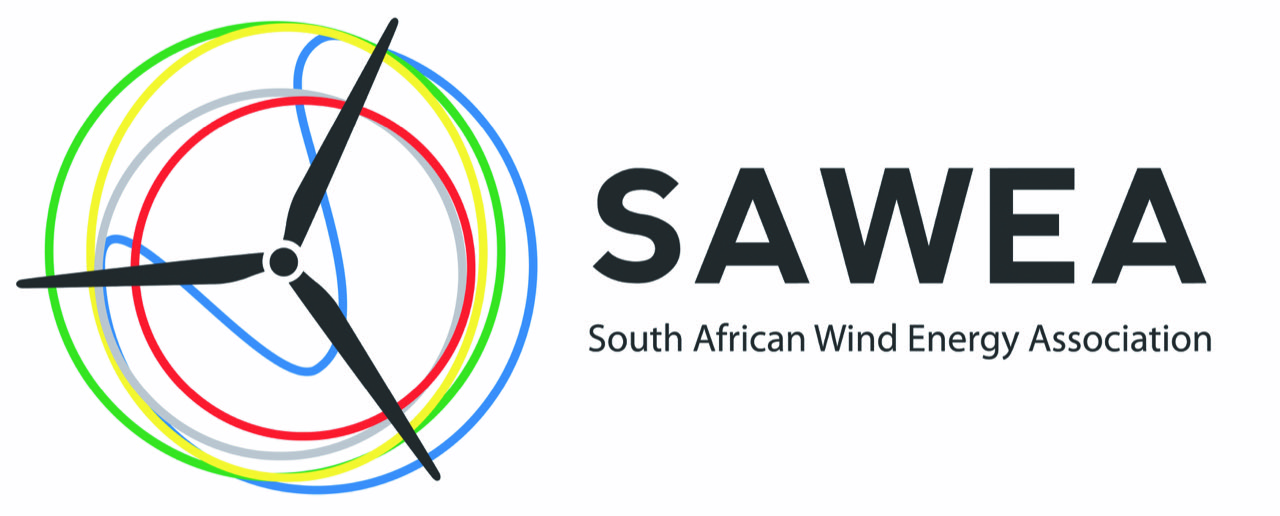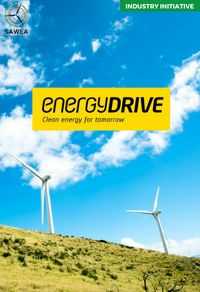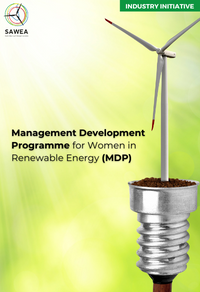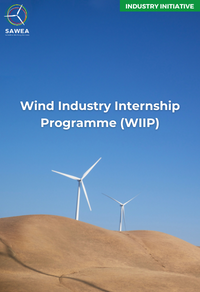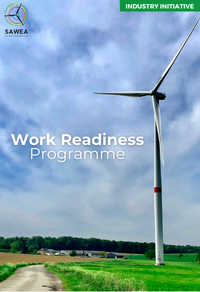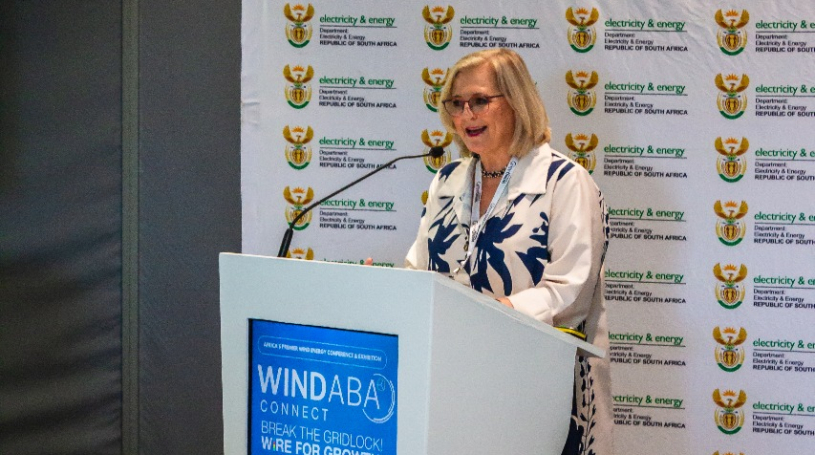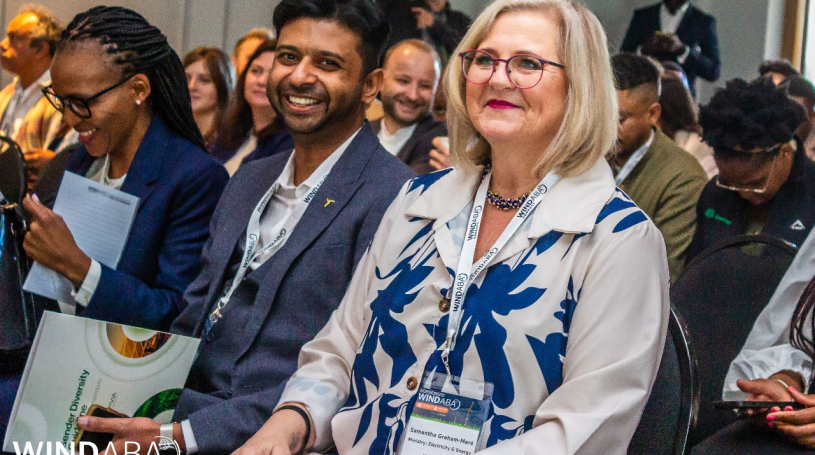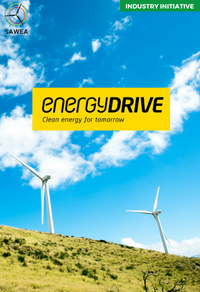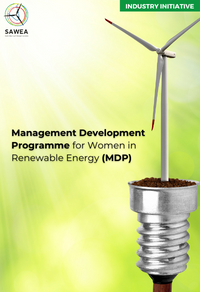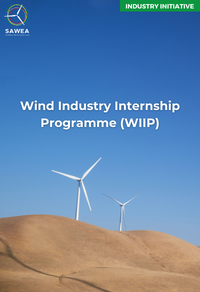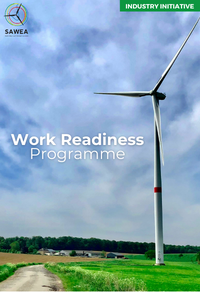Windaba 2025 Launches With Bold Vision For Inclusive, Industrialised Growth In SA’s Wind Energy Sector
Cape Town, 22 October 2025: Day 0 of Windaba 2025 kicked off yesterday with a united call to action to move South Africa’s renewable energy ambitions from policy to practice through collaboration, localisation, and human-centred development. Hosted by the South African Wind Energy Association (SAWEA) at the Cape Town International Convention Centre (CTICC2), this year’s conference, themed “Break the Gridlock! Wire for Growth!”, brings together government leaders, investors, developers, and civil society partners to accelerate the next phase of wind energy growth and inclusion.
The opening day, referred to as Windaba Connect, set the tone for three days of high-level dialogue and sector alignment. The discussions reflected a growing urgency to strengthen South Africa’s grid infrastructure, bolster local manufacturing capacity, and ensure communities see tangible, lasting benefits from renewable energy investments.
Delivering the keynote address, Deputy Minister of Energy and Electricity, Samantha Graham-Maré, reminded delegates that the energy transition cannot be measured in megawatts alone.
“Windaba was born out of the simple idea that the energy transition isn’t only about technology and megawatts but about people,” she said. “It’s about how we collaborate, share lessons, and hold space for one another as we make the shift from ambition to implementation.”
Deputy Minister Graham-Maré reaffirmed the Government’s commitment to the South African Renewable Energy Masterplan (SAREM), calling it a blueprint for building the industrial and human backbone of the country’s renewable future. She stressed that the success of SAREM depends on collaboration across the public and private sectors, urging investors to invest in, mentor, and train South African talent, adding that localisation cannot be seen as charity, but as good business.
The Deputy Minister also used her address to reiterate the intent of the Gender Diversity Guidelines, describing it as a milestone that reflects a growing confidence within the industry to define its own standards of inclusion and to hold itself accountable for transformation that is both authentic and measurable.
Building on the Deputy Minister’s remarks, Vincent Kok, Chief Technical Advisor at SAWEA, called on the industry to ensure that every project leaves what he described as a social signature.
“Every deal inked, every contract signed, and every service rendered carries a signature. Not just on paper, but on people,” he said. “Too often, the social leg of a project is treated as a compliance box. But the real measure of progress is not how fast we can build, but how meaningfully we include those within the communities we operate.”
Throughout the day, speakers and delegates echoed this sentiment, reaffirming that social impact, skills development, and local participation must underpin South Africa’s just energy transition. As part of these conversations, plenary sessions focused on these challenges, and included topics such as Demand-led Skills Development as a Catalyst to a Just Transition; Modelling Successful Social Impact; and People Meets Planet, Collaboration for Conservation.
Closing the day, Caroline Nhlane, Southern Africa Head of Communications at Enel Green Power SA, reflected on the valuable insights shared and the clear call for collaboration, skills development, and measurable social impact. She emphasised that the industry’s success will be defined not only by energy capacity, but by the opportunities created for communities and the partnerships strengthened across sectors.
“Today has shown that meaningful progress depends on working together with a shared purpose - creating solutions that benefit people, nurture talent, and leave a lasting impact on communities. In doing so, we not only transform the energy sector, but inspire a future where everyone has a role to play in shaping a sustainable, inclusive South Africa,” she concluded.
